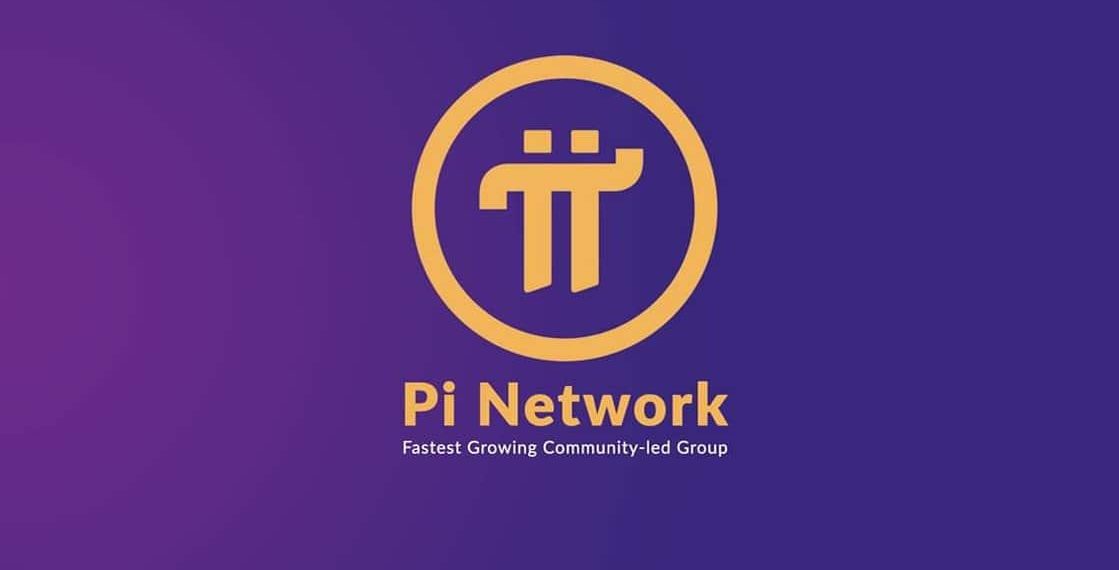|
Getting your Trinity Audio player ready...
|
The legal battle between the U.S. Securities and Exchange Commission (SEC) and Ripple has captured the attention of the crypto world, but is the case truly over? Pro-XRP lawyer Bill Morgan doesn’t think so. In a series of posts on X, Morgan expressed increasing doubts about the SEC’s likelihood of appealing the recent Ripple summary judgment. His analysis sheds light on why an appeal might be off the table if the decision centers on legal matters alone, highlighting recent judicial trends that could influence the SEC’s next move.
A Shift In Judicial Thinking?
Morgan’s skepticism about the SEC’s chances of success in an appeal is grounded in the recent decisions of several key judges. One pivotal case is SEC v. Payward Inc. (Kraken), where Judge Orrick displayed a preference for the legal reasoning seen in the Ripple case, presided over by Judge Torres, and the Binance case, overseen by Judge Jackson. These cases stand out for applying the Howey test—the legal standard for determining whether an asset is a security—to both primary and secondary market transactions.
This approach contrasts sharply with Judge Rakoff’s stance in the Terraform case, where no distinction was made between the types of transactions. Morgan suggests that this growing alignment among judges could strengthen the soundness of Judge Torres’ ruling in the Ripple case, making it harder for the SEC to justify an appeal on purely legal grounds.
Judge Orrick’s endorsement of Judge Torres’ judgment, particularly in applying the third prong of the Howey test, is significant. This test evaluates the expectation of profits derived from the efforts of others, a central issue in the Ripple case. According to Morgan, Judge Orrick’s praise for Judge Torres’ reasoning, which he noted was consistent with established precedents, further diminishes the likelihood of a successful SEC appeal. If the Ripple case is “narrowly confined to its facts,” as Judge Orrick suggests, the SEC may struggle to argue that the ruling merits reversal.
The Implications for the SEC’s Next Move
With legal backing from other significant cases, Morgan argues that the SEC faces an uphill battle in pinpointing a clear legal error in Judge Torres’ ruling. This could mean that any appeal would be driven more by strategic or political motivations rather than solid legal grounds. The stakes are high, and the SEC must consider the broader implications of an appeal, including the potential for a cross-appeal from Ripple that could drag the case into 2025 and beyond.
Also Read: Ripple Labs In The Spotlight – XRP Whale Holdings Surge By 130M Tokens Amid SEC Battle And IPO Buz
An Appeal Won’t Be Easy
As the SEC’s 60-day appeal window closes in early October, the agency is under pressure to make its next move. The timing of the SEC’s closed meeting on August 29 adds another layer of intrigue. An appeal could push the case into uncharted territory, potentially extending it past the U.S. presidential election and into a new administration. The SEC’s decision will undoubtedly have far-reaching consequences for the future of cryptocurrency regulation in the U.S.
In conclusion, while the Ripple case appears to be winding down, Morgan’s insights suggest that it might not be over just yet. The SEC has a tough decision ahead, one that could shape the regulatory landscape for years to come.
Disclaimer: The information in this article is for general purposes only and does not constitute financial advice. The author’s views are personal and may not reflect the views of Chain Affairs. Before making any investment decisions, you should always conduct your own research. Chain Affairs is not responsible for any financial losses.
With a keen eye on the latest trends and developments in the crypto space, I’m dedicated to providing readers with unbiased and insightful coverage of the market. My goal is to help people understand the nuances of cryptocurrencies and make sound investment decisions. I believe that crypto has the potential to revolutionize the way we think about money and finance, and I’m excited to be a part of this unfolding story.




